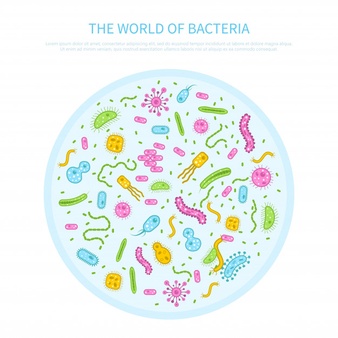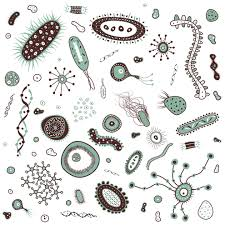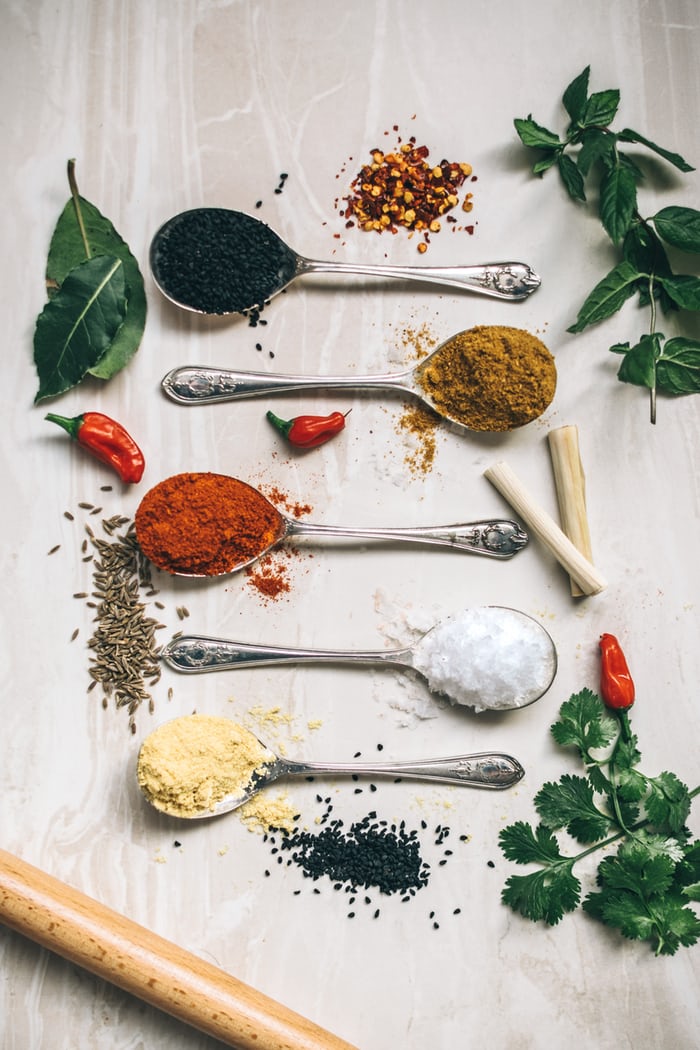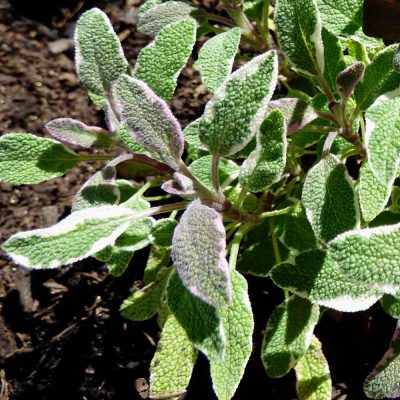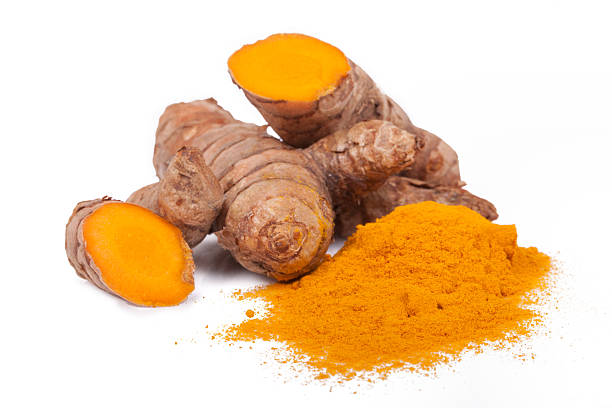Herbs that support "the happy chemical", microbiome health
Oct
4
Before getting into the research, what herbs support "healthy happy chemicals"? Herbs that help boost serotonin levels include oatstraw, which is loaded with B vitamins, and the roots of angelica, burdock, dandelion, ginseng, wild yam and black cohosh. There are lots of natural supplements containing these herbs and foods that you can buy online. You can also find supplements that contain L-tryptophan that supports serotonin synthesis, and vitamin B3 (magnesium glycenate) which helps metabolize fats, proteins, and carbohydrates. Basil contains serotonin boosting eugenol and rosmarinic acid.
As mentioned, there is growing evidence that the microbiome in our gut contribute not only to various body and brain diseases, but also to our mood and behavior relevant to many psychiatric and neurological disorders (Microbiome Journal, August 25, 2017). In particular, it has been repeatedly demonstrated that manipulation of the gut microbiome modulates anxiety-like behaviours, and our response to fear. The neural circuits that underlie anxiety- and fear-related behaviours are complex and heavily depend on functional communication between the amygdala and prefrontal cortex (PFC). Research at the University of California Los Angeles (UCLA) found a link between our stomach and a region of our brain that regulates mood and behavior, according IFLScience.com’s Robin Andrews (Source: “Our Gut Microbes Strongly Influence Our Emotional Behaviors,” IFL Science, July 4, 2017). The UCLA study was the first to link this connection within humans, based on the study of 40 healthy woman showing “brain-gut-microbial interactions in healthy humans”, according to the American Psychosomatic Society, affecting their mood and behaviors. Likewise, the Microbiome Journal reports that “transcriptional networks within the amygdala and PFC of Germ-Free mice are altered. MicroRNAs (miRNAs) act through translational repression to control gene translation and have been implicated in anxiety-like behaviours.” (See Microbiome Journal, August 25, 2017).
These results suggest that the microbiome is necessary for appropriate regulation of miRNA expression in brain regions implicated in anxiety-like behaviours.
"Serotonin is an important neurotransmitter and hormone that is involved in a variety of biological processes. The finding that gut microbes modulate serotonin levels raises the interesting prospect of using them to drive changes in biology," says Hsiao in the Caltech Journal. Hsao is quoted here from the CalTech journal Cell, April 09, 2015 issue.


